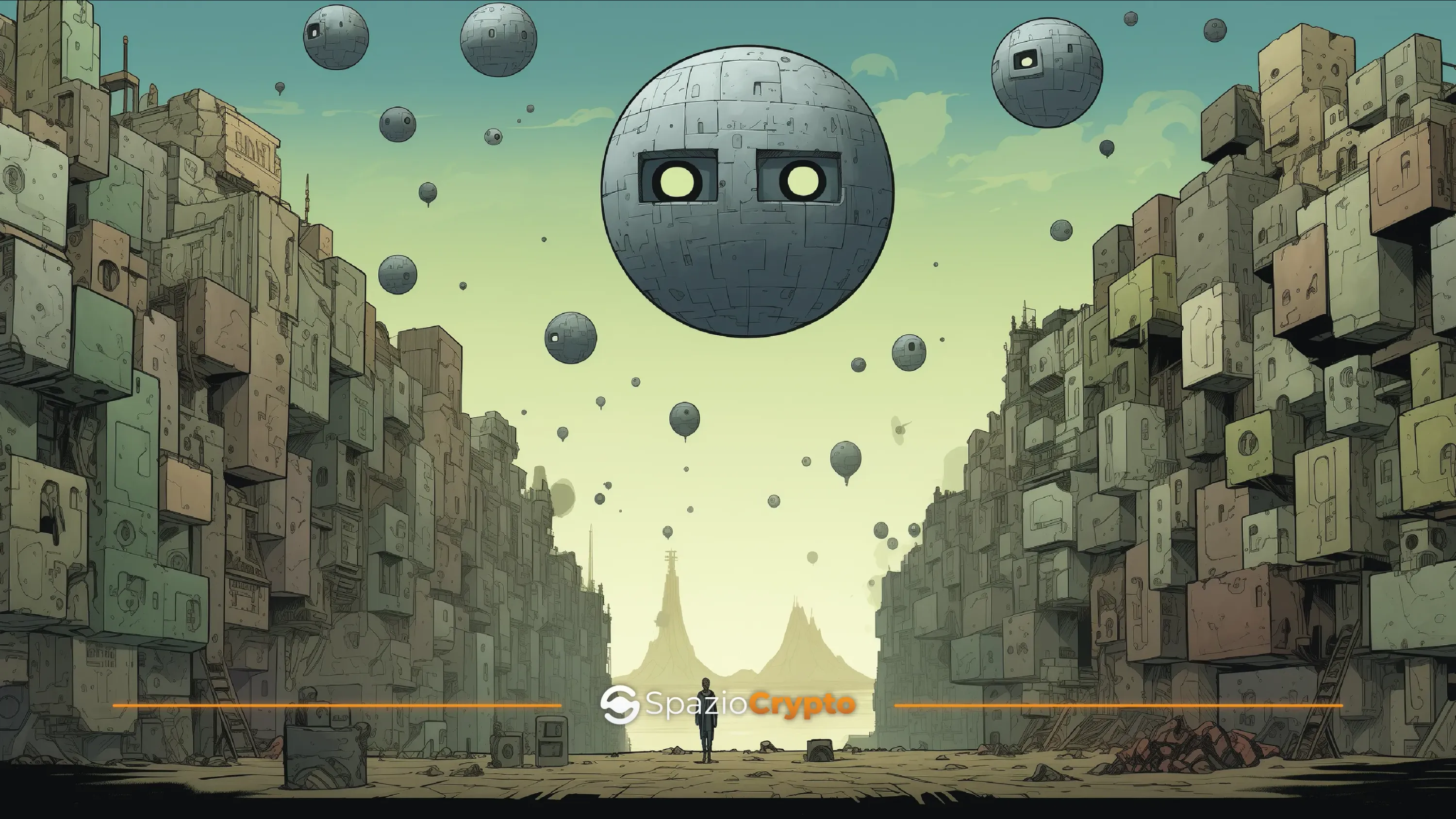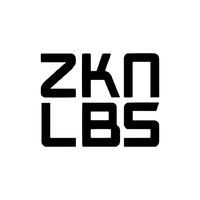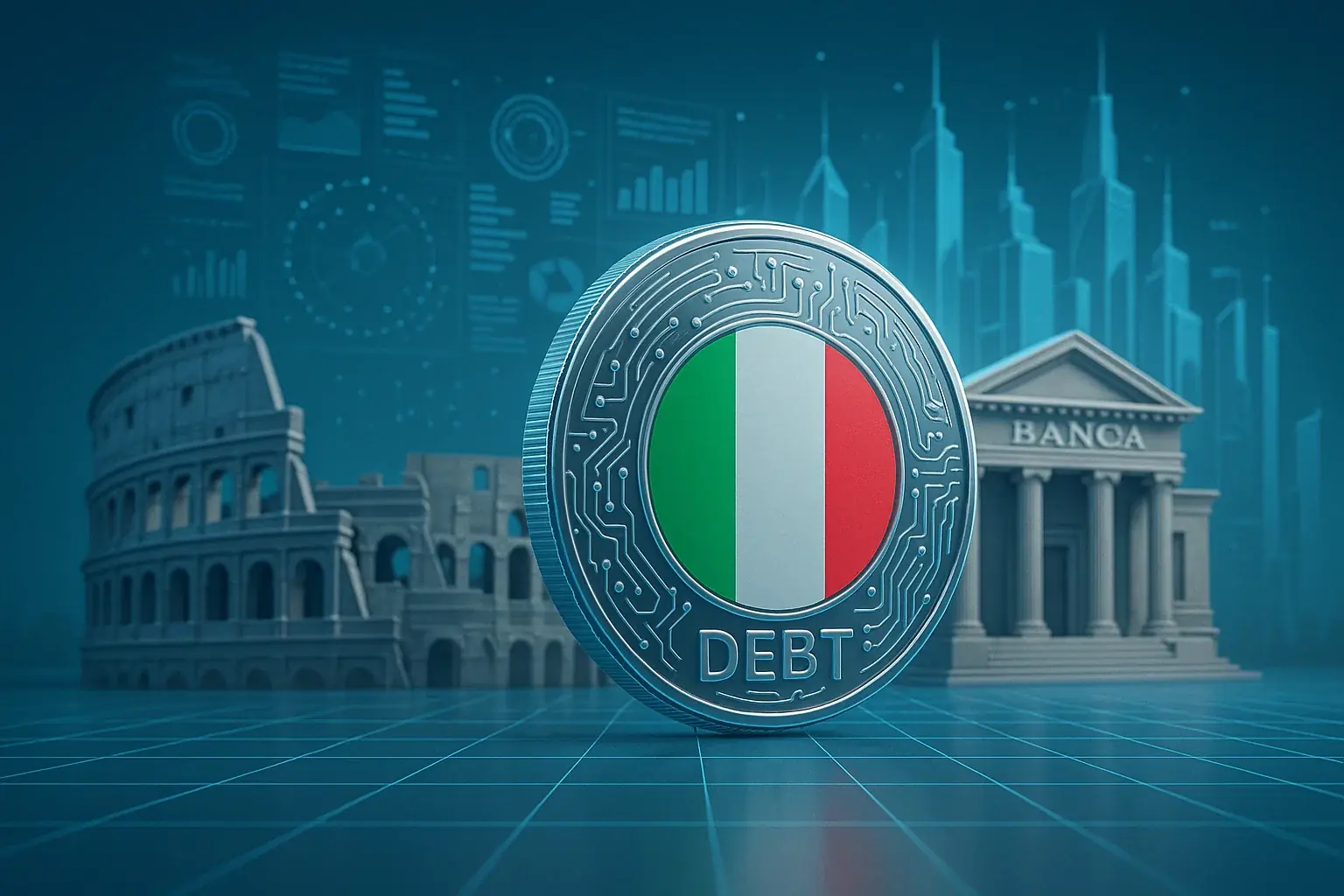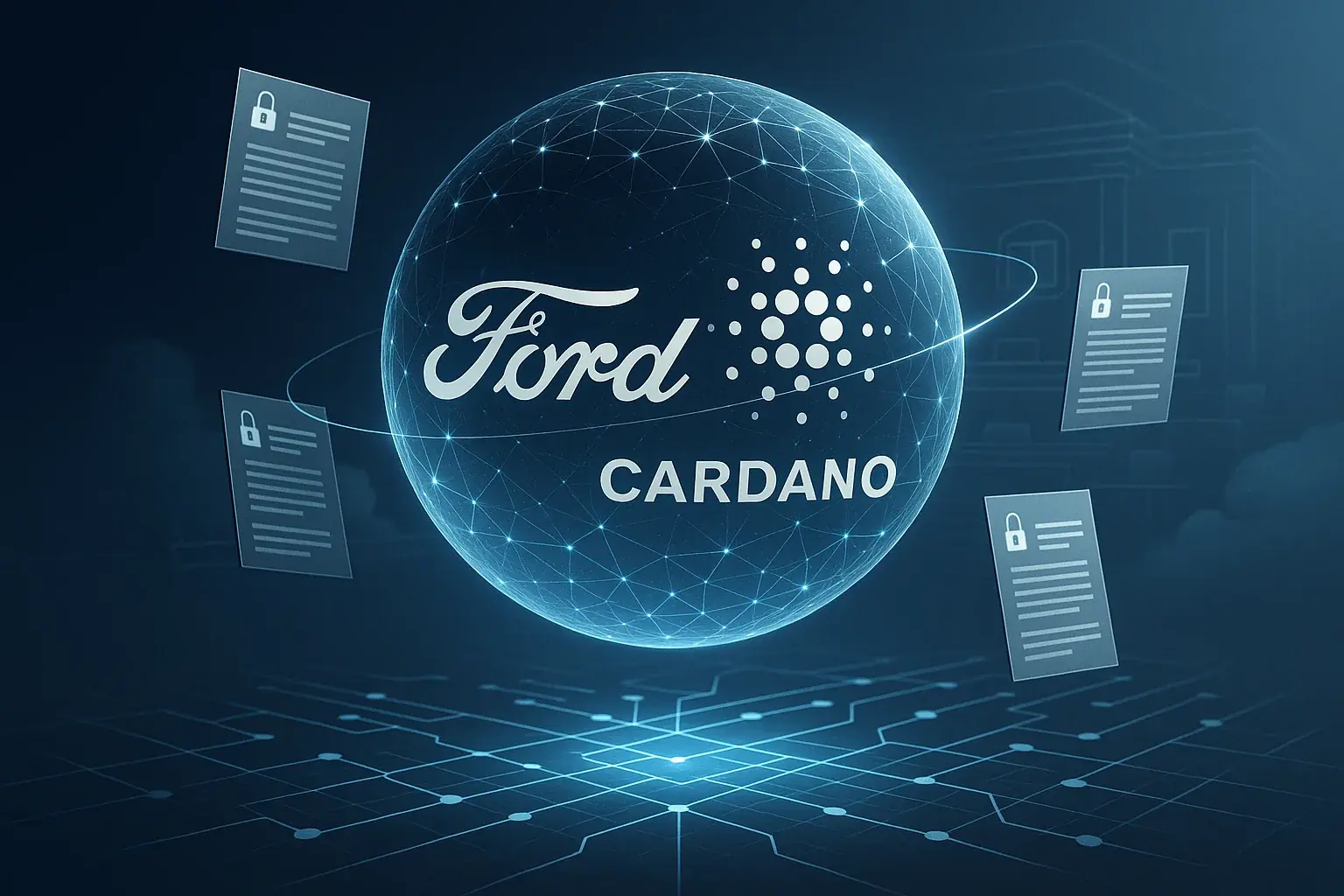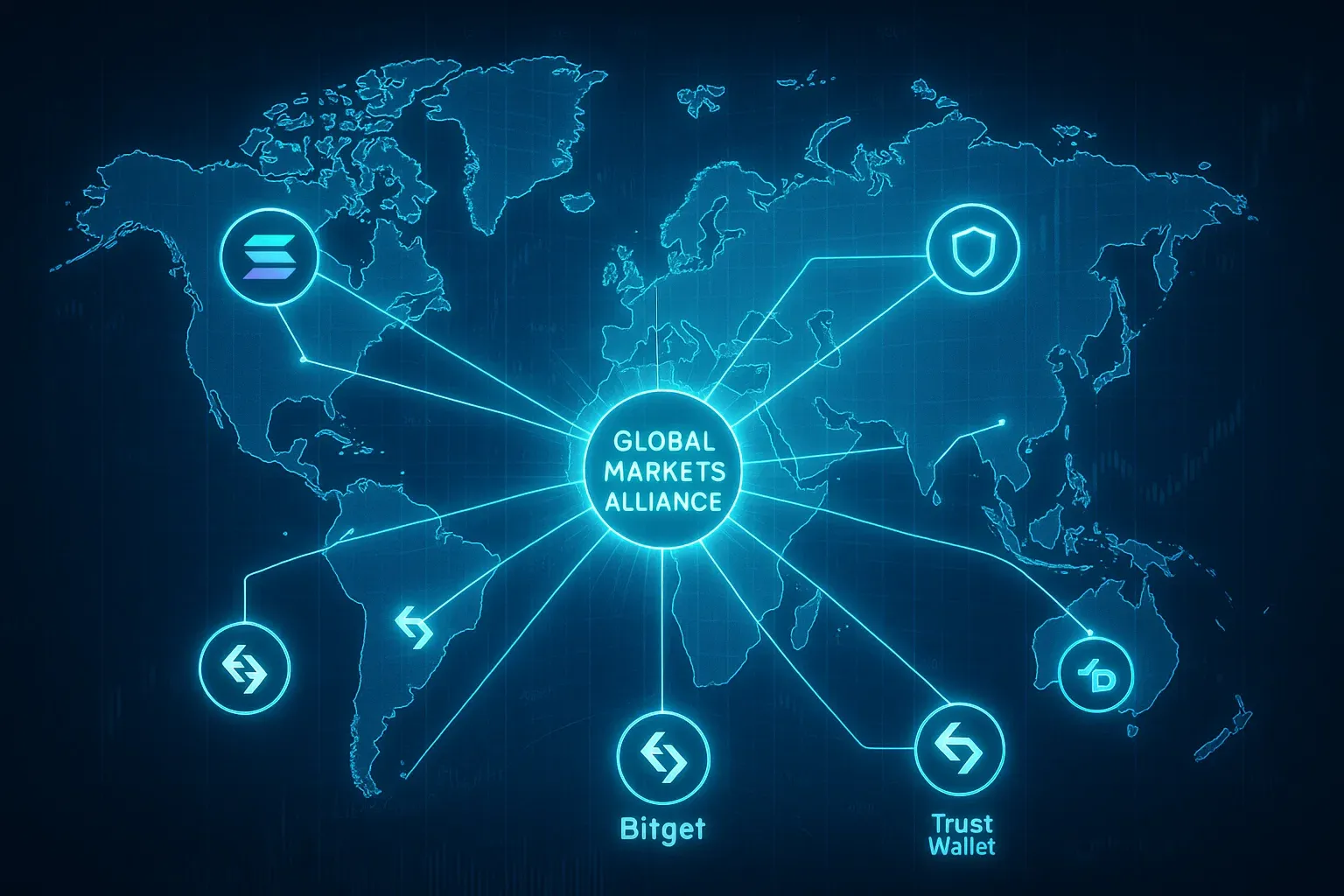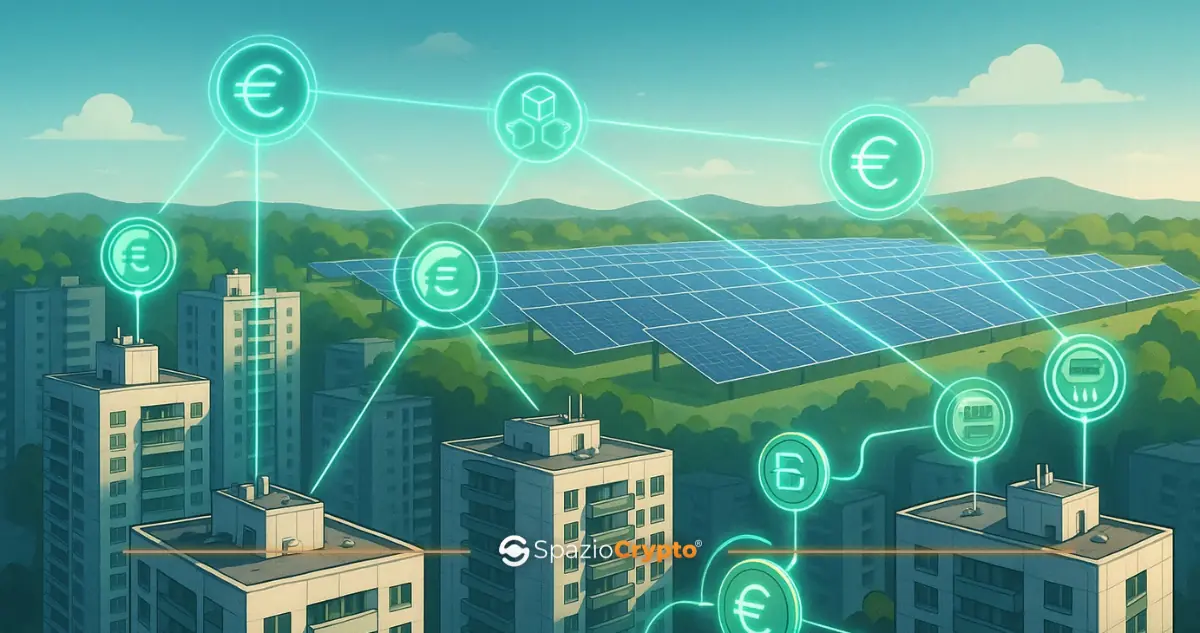Blockchain, since the emergence of Bitcoin in 2009, has revolutionised the way we conceive and manage digital transactions. This technology, based on an immutable distributed ledger, has introduced a new security paradigm, eliminating the need for central intermediaries. However, although blockchain can handle financial transactions securely, its connection to the outside world is limited, creating a gap between the digital and the physical. This is where the concept of "oracles" comes in. Oracles act as a bridge between the blockchain and the outside world, enabling the inclusion of real, current data in blockchain transactions. These truth-bearers are essential to expanding the capabilities of blockchains beyond digital boundaries.
External Information Needs: The Oracles
While blockchains ensure the security of digital transactions, their inability to directly access real-world data limits their impact. Sectors such as supply chains, the provision of real-time financial data and the execution of smart contracts based on external events require information that cannot be generated autonomously by the blockchain.
Real-Time Data and Smart Transactions
Imagine a smart contract that is only triggered when certain real-world conditions are met, for example, the price of a commodity reaches a certain level. Without access to external data, this functionality would remain an illusion. The oracles, therefore, play a crucial role in integrating real-time data into the blockchain, greatly expanding their applications.
Reliability of External Information Challenge
Integrating external data raises the issue of trust and reliability. Oracles need to be able to provide accurate and verifiable data to prevent erroneous information from influencing decisions within the blockchain.
Oracles: Bearers of Truth in the Blockchain
Oracles are external agents that provide real data to the blockchain. They act as trusted intermediaries between the physical and digital worlds, allowing the blockchain to access and utilise information that would otherwise be inaccessible. Their importance grows in parallel with the expansion of blockchain applications beyond financial transactions.
Key Roles of Oracles
O oracles perform several crucial functions within the ecosystem and the blockchain-applications:
- Data Acquisition: Oracles collect information from external sources such as APIs, sensors or other real-time data.
- Integrity Verification: They validate and verify the authenticity of data before transmitting it to the blockchain.
- Secure Transmission: They deliver data securely to the blockchain, ensuring that it is accessible and usable by smart contracts and blockchain applications.
Typologies of Oracles
There are several different types of oracles, each designed to meet specific needs:
- Centralised Oracles: They depend on a single centralised data source, making them vulnerable to manipulation.
- Distributed Oracles: They draw data from multiple sources, improving security and resistance to censorship.
- Consensual Oracles: They use consensus mechanisms between the operators of oracular nodes to ensure the reliability of information.
In the next chapter, we will explore the detailed workings of oracles, analysing how they acquire, verify and transmit data to the blockchain, ensuring its integrity and reliability.
How Oracles Deliver Information to the Blockchain
Oracles play a crucial role in ensuring that external information reaches the blockchain securely and reliably. Here is a detailed breakdown of their operational cycle:
- Data Acquisition: O oracles begin the process by acquiring data from the outside world. This data can come from various sources, such as web services APIs, sensors IoT or financial data feeds.
- Integrity Verification: Once the data has been obtained, oracles engage in integrity verification. This step is crucial to ensure that the information is accurate and not subject to manipulation. The oracles use cryptographic algorithms and security mechanisms for this purpose.
- Signature and Authentication: The oracles apply cryptographic signatures to the verified data. This signature acts as a guarantee of authenticity and proves that the data has been verified and approved by the oracles.
- Secure Transmission: Once signed and authenticated, the data is transmitted to the blockchain. The oracles ensure that this transmission takes place securely, using cryptographic protocols to protect the information during the transfer.
- Inclusion in the Blockchain: Once received, the data is included in a blockchain. This process takes place according to the rules and protocols of the specific blockchain in use.
Applications and Use Cases of Oracles
Orocles, acting as bridges between the digital world of blockchain and the real world, have opened the door to a wide range of innovative applications. We will explore how oracles are transforming key sectors:
- Decentralised Finance (DeFi): Oraacles are a key pillar in the DeFi ecosystem. They provide critical data such as asset prices, exchange rates and financial information in real time, enabling the creation of fully decentralised financial protocols.
- Event-Based Insurance:
- Smart contracts that are triggered in response to specific events, such as traffic accidents or adverse weather events, require accurate and timely data. Oracles enable the creation of more flexible and adaptable insurance policies.
- Data Provision for Smart Cities: Smart cities depend on real-time data to manage resources such as traffic, air pollution and waste collection. Oracles provide these platforms with up-to-date data to optimise operations.
- Internet of Things (IoT): Oracles are crucial in interconnecting the blockchain with IoT devices. They enable smart contracts to react to data from sensors and physical devices, opening up new possibilities for intelligent automation.
- Digital Identity Projects: O oracles help verify identity information, enhancing the security of digital identity solutions and mitigating fraud risks.
- Supply Chain and Logistics: Oracles play a crucial role in optimising supply chains and product tracking. They provide real-time data on goods movements, storage conditions and more, improving efficiency and transparency in the management of the supply chain.
- Health Care: In healthcare, oracles can facilitate secure data sharing between decentralised systems, improving health information management, drug tracking and execution of smart contracts related to medical issues.
- Education and Certifications: Oracles can support the verification of academic credentials and professional certifications. This could reduce fraud and ensure that information regarding an individual's qualifications is accurately confirmed.
- Human Resources and Salary Payments: In the human resources sector, oracles can facilitate the automatic payment of salaries in cryptocurrencies, based on verifiable metrics such as hours worked or the achievement of pre-determined goals.
Economic Advantages and Innovation
The implementation of oracles not only improves the efficiency and reliability of blockchain, but also paves the way for new economic models and innovation opportunities, positioning this technology as a key enabler for future growth.
Challenges and Future of Oracles
Oracles, despite their growing importance, face some key challenges that limit their adoption and effectiveness.
Trust and Security: User trust in the information provided by oracles is critical. Security and data integrity are central issues that require constant improvements and advanced verification protocols.
Effective Decentralisation: Many oracles claim to be decentralised, but in reality may have centralised vulnerabilities. Overcoming this problem requires the development of truly distributed and resilient oracles.
Implementation Costs: Deploying oracles can involve significant costs, both in terms of development and maintenance. Making this technology more accessible and affordable is essential to encourage its widespread adoption.
Future Innovations and Perspectives
Despite the challenges, the future of oracles is promising, with several innovations and improvements in the pipeline.
- Quantum Oracles: The advent of quantum computers presents both challenges and opportunities for oracles. Finding resilient solutions to quantum threats becomes critical to maintaining security.
- Standardisation and Interoperability: The oracle industry would benefit greatly from improved standardisation and interoperability. The creation of common protocols would enable greater integration and collaboration between different oracle platforms.
- Developments in Machine Learning: The integration of machine learning technologies can improve the ability of oracles to interpret complex data, increasing their accuracy and reliability.
Towards a Safer and Connected Future
Overcoming challenges and implementing key innovations will lead oracles to play an even more central role in the evolution of blockchain. Their ability to connect the digital and physical worlds securely and reliably will open up new frontiers of possibilities in various sectors.
We will conclude this exploratory journey on oracles with a forward-looking view, highlighting the crucial role they will continue to play in shaping the future of blockchain technologies and decentralised systems.
Oraacles and the Future Intertwined with the Blockchain
In this exploratory journey, we delve into the meanders of oracles, discovering their crucial role in connecting the blockchain with the outside world. From an introduction to blockchain to understanding how oracles work and the many applications in different sectors, our journey took us through the potential and challenges of this innovative technology.
Keypoints
- Foundations of Security: Blockchains offer a secure ground for digital transactions, but their limitation in collecting real data has given rise to the need for oracles.
- Oracs as Bridges: Oracles act as crucial bridges between the physical and digital worlds, facilitating the integration of external information into blockchains.
- Diversity of Applications: We explored how oracles impact sectors such as DeFi, supply chain, healthcare, and more, opening the door to a wide range of possibilities.
Challenges Surpassed and Challenges Future
While oracles, such as Chainlink, have already overcome numerous challenges, new obstacles and opportunities are constantly emerging. Trust, security and standardisation remain critical aspects for their continued development.
Future Perspectives
The future of oracles is steeped in innovation. With the evolution of quantum technology, the adoption of standards and developments in artificial intelligence, oracles are already shaping a more secure and connected future. The universe of oracles is constantly evolving. We encourage readers, developers and scholars to continue exploring this fascinating field, contributing to the growth and maturation of a technology that is transforming the blockchain landscape. At Spaziocrypto, we hope we have made you aware that the role of oracles in blockchain is only at the beginning of a long and promising technological adventure.


